Summary
- Keep track of an opponent’s performance in Judge Tower by calling out missed triggers and gaining points.
- Complex cards like Necrotic Ooze and Perplexing Chimera create rule interactions that can trip up opponents.
- Forced Fruition and Conjured Currency force opponents to draw many cards or swap control, adding a chaotic element to the game.
There are some very silly alternative formats out there in the world of Magic: The Gathering. One of the most punishing ones is Judge Tower. More of a mental game than a paper one, the goal of Judge Tower is to score points against your opponents by tracking their rules knowledge.
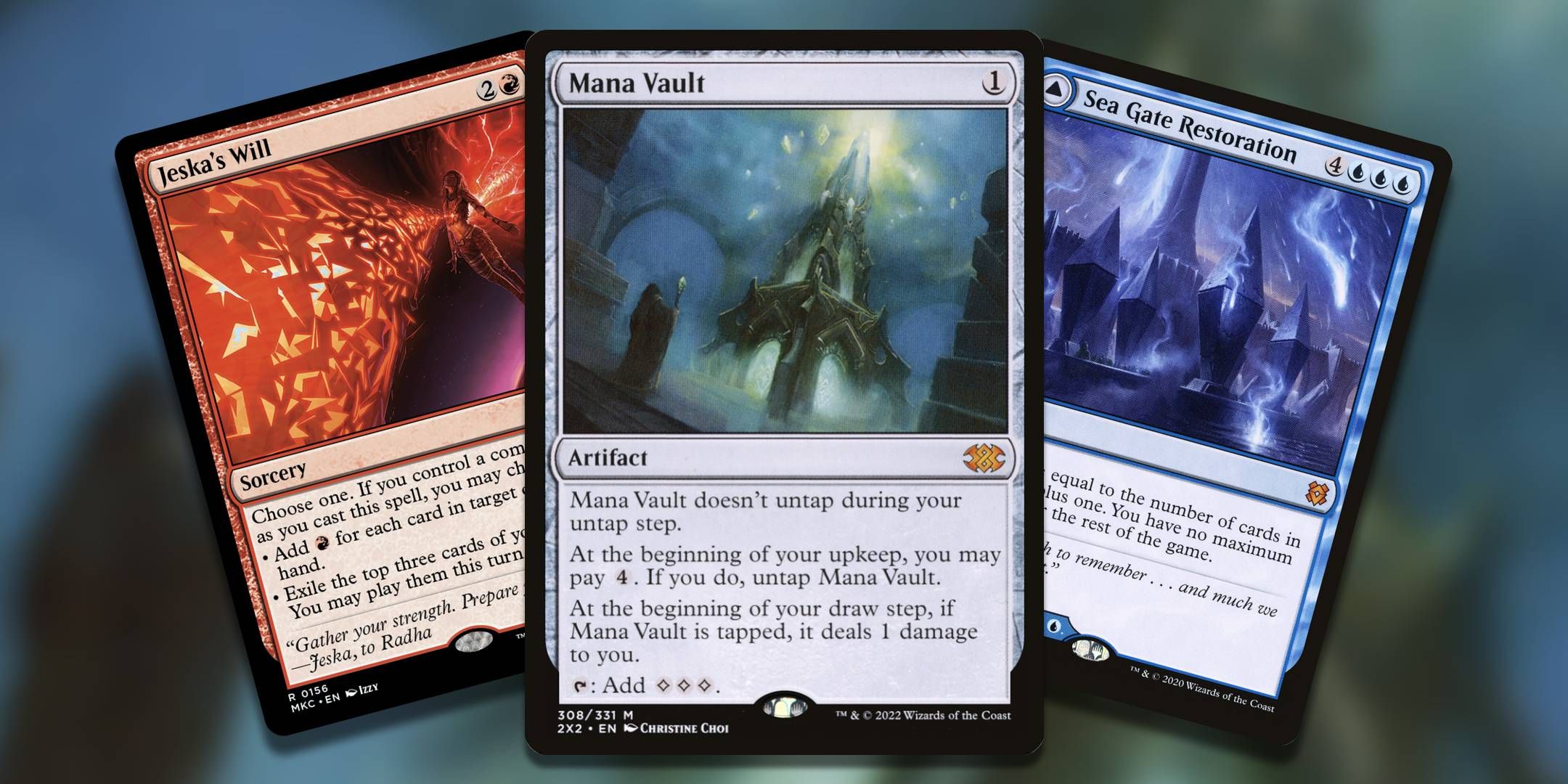
Related
Some powerful mana rocks might have been banned in Commander, but there are a few alternatives out there for your decks.
If you see someone forgetting a step, trigger, ability, or play they should have made, you call them out and score a point. Since Magic has thousands of cards at its disposal, there are tons of complicated cards that create all sorts of confusing rules interactions. If you’re looking for some of the most complicated cards to run, we’ve got you covered.
5
Necrotic Ooze
Everything All At Once
This creature gains all activated abilities of all creatures in all graveyards as long as it is on the battlefield. It quickly becomes a nightmare scenario for anyone who plays, it since there are so many possible scenarios that the controller would have to keep track of.
Judge Tower has all players sharing a graveyard, so everything is right there in front of everyone, but you still have to track all those abilities. That type of overload of information is all but guaranteed to trip up any opponent who has this out. Keep in mind though that the mileage for this card is dependent on having creatures in graveyards, so make sure you’re able to either mill each player or have a way to destroy creatures with it out.
Necrotic Ooze only gains activated abilities too, so anything with a “:” in its text box. It can get extra confusing, as some keywords are activated abilities and have colons in their reminder text too, which is a great way to confuse an opponent.
4
Perplexing Chimera
That’s A Great Question
A very goofy enchantment creature, Perplexing Chimera has a rather unique ability where anytime an opponent casts a spell, you can choose, and in the case of Judge Tower, are required to, exchange control of the Chimera and the spell being cast.
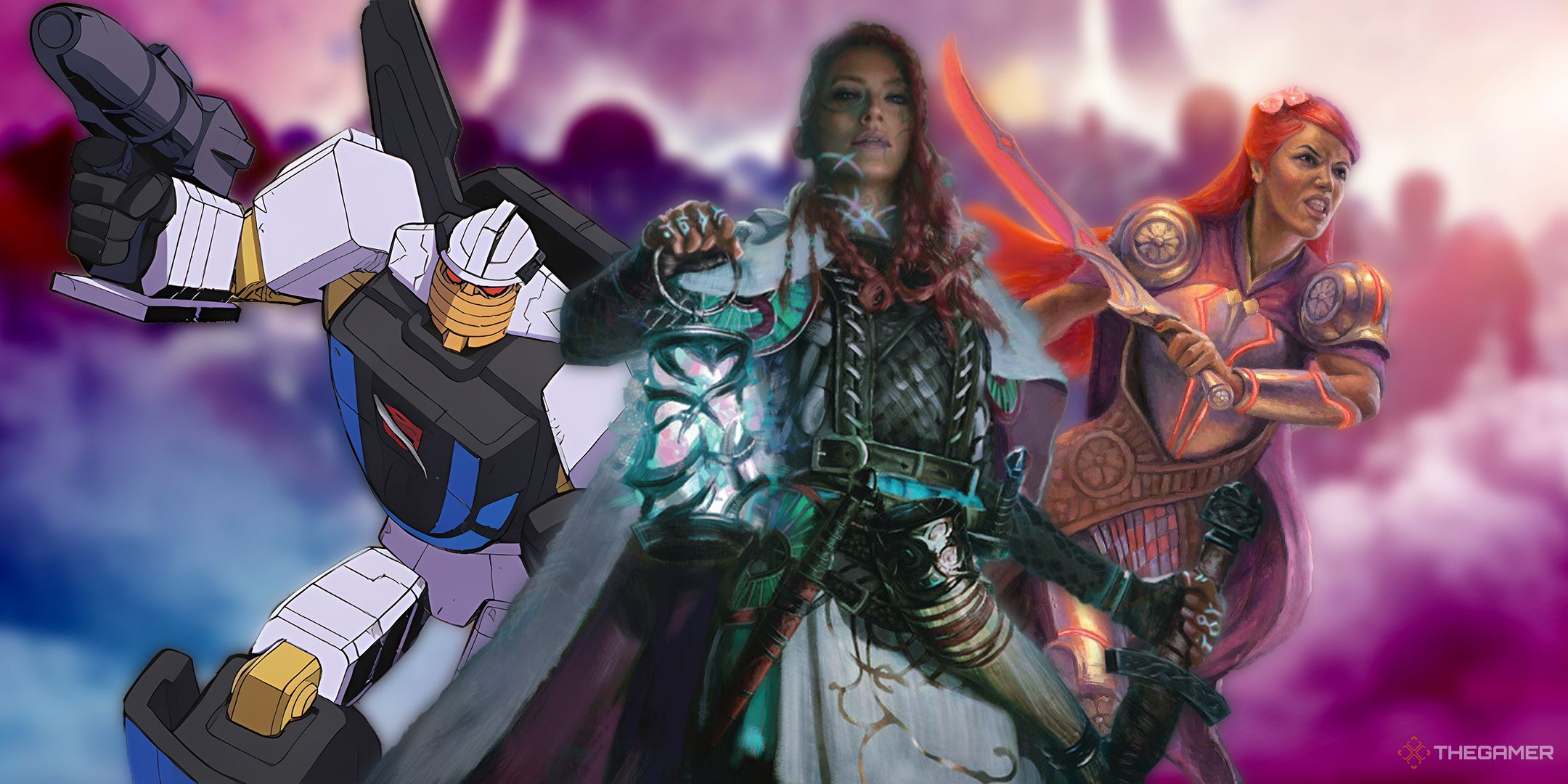
Related
Magic: The Gathering – The 10 Most Kill-On-Sight Commanders
Don’t let these Magic: The Gathering commanders stay around for long.
If you do that, you get to choose new targets for whatever the spell is. The goofy thing with Perplexing Chimera is that it will just travel across the battlefield, changing ownership with every spell cast. The confusing part comes with all the possible complications that come with swapping ownership of a card mid-cast. If you change a spell’s target, you have to pick a legal target. However, if there is no legal target, you are forced to leave the target as it is, even if it is an illegal target.
There will be instances where you:
- Have a trigger of Perplexing Chimera on the stack
- An opponent casts another spell, putting another trigger of its ability on the stack
- The second trigger resolves, swapping control of the Chimera
- The first trigger resolves, though you no longer control the Chimera.
You need to remember that you can still swap control of the spell and the Perplexing Chimera. If you do, you can change the spell’s targets instead of the spell’s new controller.
3
Forced Fruition
Drawing Hurts
Forced Fruition isn’t that difficult of a card to understand: any time an opponent plays a spell, they have to draw seven cards. However, drawing cards in Judge Tower can be a nightmare, and drawing seven all at once means your opponent has to juggle another seven cards and make sure they’re resolving everything they can at the appropriate times.
One of the rules for Judge Tower is that:
Players must play every card in their hand when legally possible in Judge Tower.
The odds are pretty good that an opponent is going to draw an instant or something with flash, or even something with a discard effect like cycling that will require them to activate or cast them immediately.
Then, if they drew an instant, or card with flash, they will have to draw another seven cards, continuing the chain.
2
Conjured Currency
Who Controls What Now?
Arguably a terrible card, Conjured Currency comes from Return to Ravnica and does basically nothing. For six mana you get an enchantment that has you swap control of Conjured Currency with a permanent that you neither own nor control.

Related
Magic: The Gathering – The Best Commander For Each Three-Color Combination
We take a look at which commanders you should pick when using any of the three-color combinations in your MTG’s deck.
In Judge Tower, however, it becomes a very silly way to call a rule error on someone. Your opponent has to pick cards that they neither own nor control, which, while it might be easy early on, becomes incredibly more difficult as the game goes on and ownership keeps changing.
The other thing to keep in mind is that if there are no cards that can be exchanged, you still target those cards you were trying to change, but when it goes to resolve, it won’t happen.
So not only does your opponent have to keep track of all the changes, but they have to be aware of that rules interaction. That is on top of any other shenanigans that might have swapped control of cards outside of Conjured Currency.
1
Lazav, The Multifarious
So Many Faces
There’s a lot going on with this card which makes it a great pick in Judge Tower if you’re looking to trip up an opponent. First, Lazav has an enter the battlefield trigger of letting its controller surveil for one. Pretty basic, but does offer a chance to catch someone on a missed trigger.
More importantly, Lazav, the Multifarious has an ability that lets you copy another creature in a graveyard, keeping Lazav’s original name, keeping its legendary status, and giving it the copy ability again.
With Judge Tower you have to pay five mana into any X costs, so you can only copy cards with a mana cost of five. If an opponent tries to copy anything else, they will have a rules infraction against them, letting you take a point. Then, with the copied creature, they have to follow any rules on that card.
While Judge Tower limits you to doing the same action only once per turn, Lazav is unique in that you can do it at instant speed, meaning your opponent will have to remember to do it at the start of each turn at their earliest opportunity.
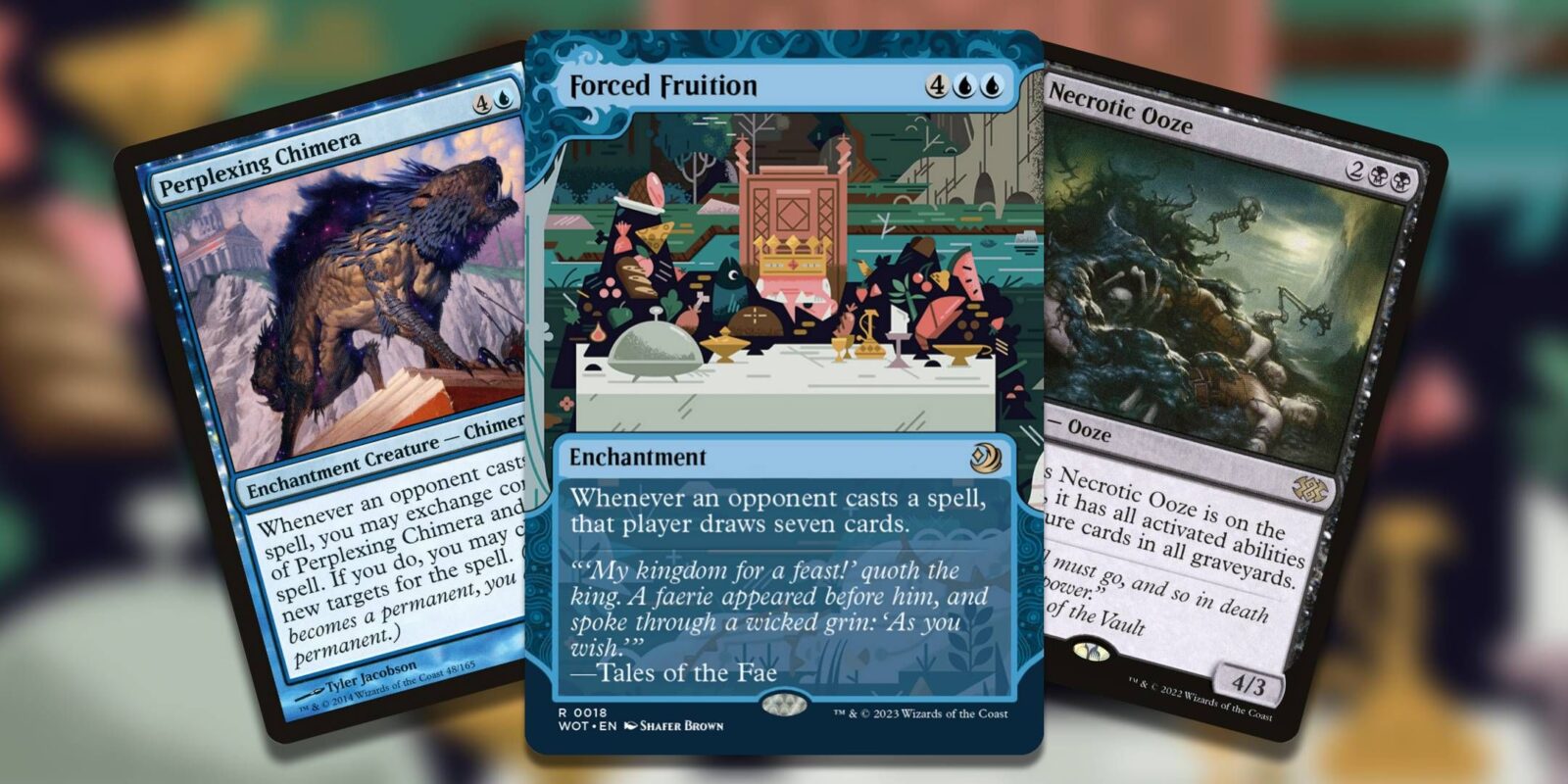

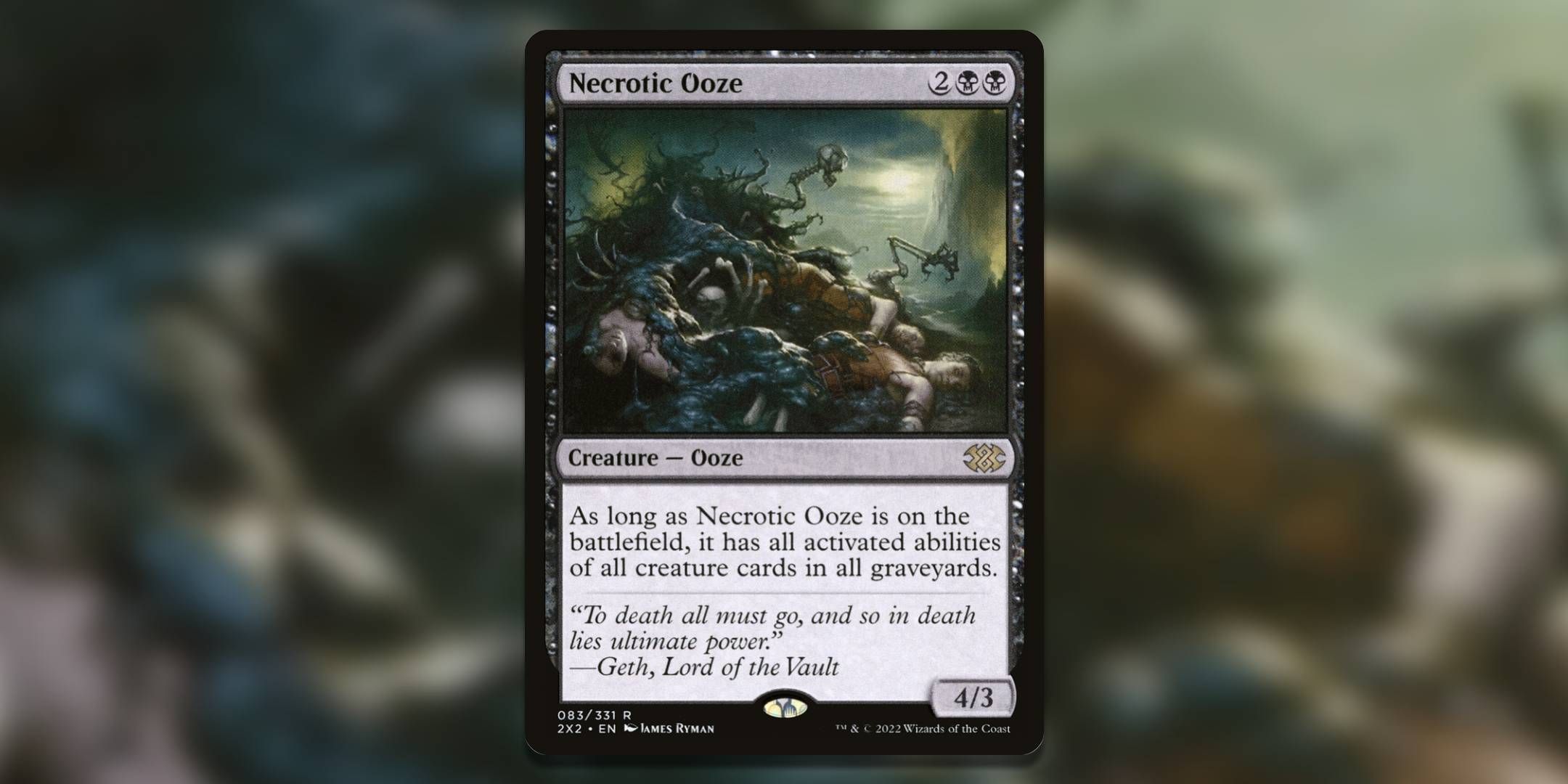
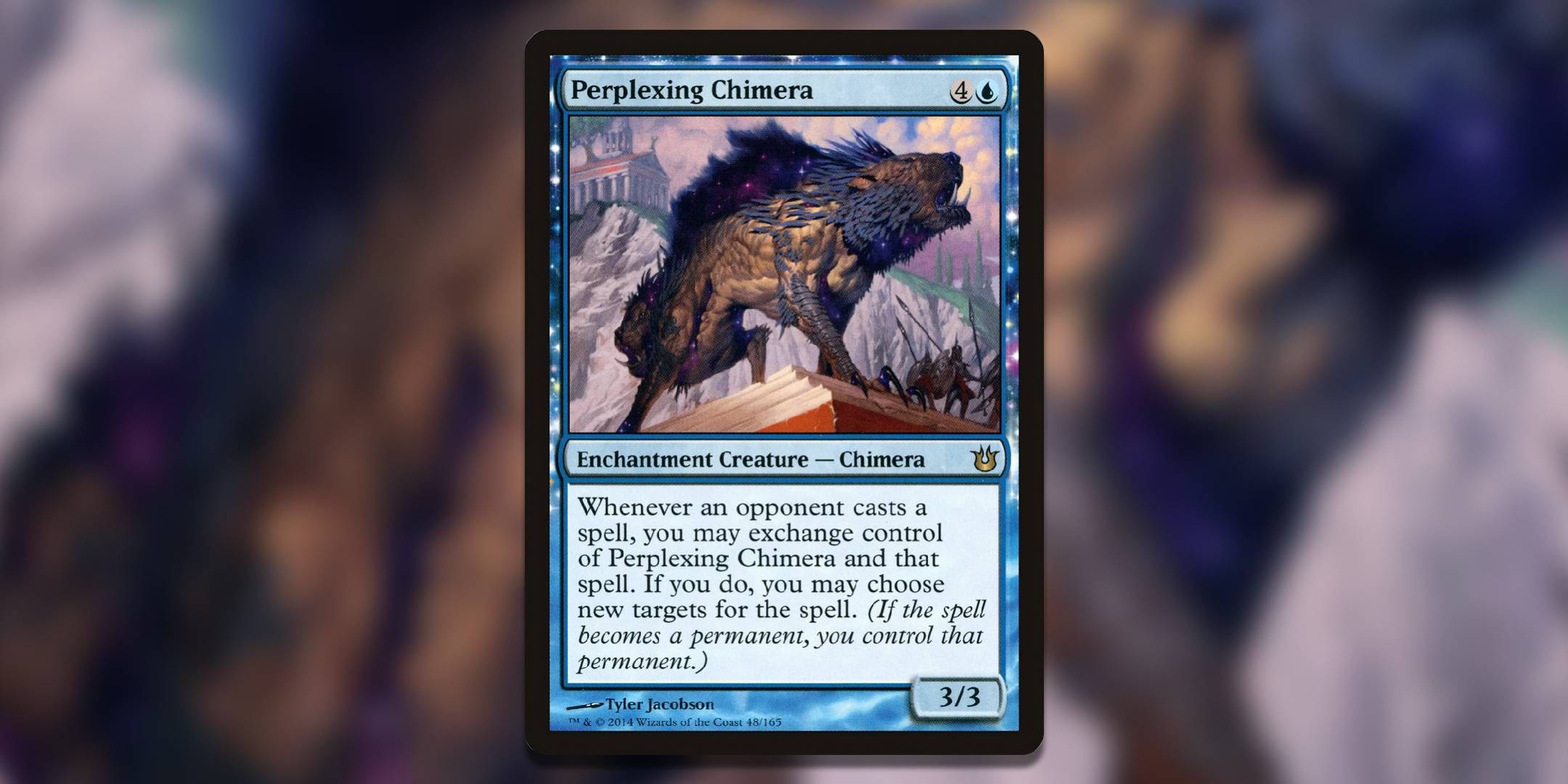
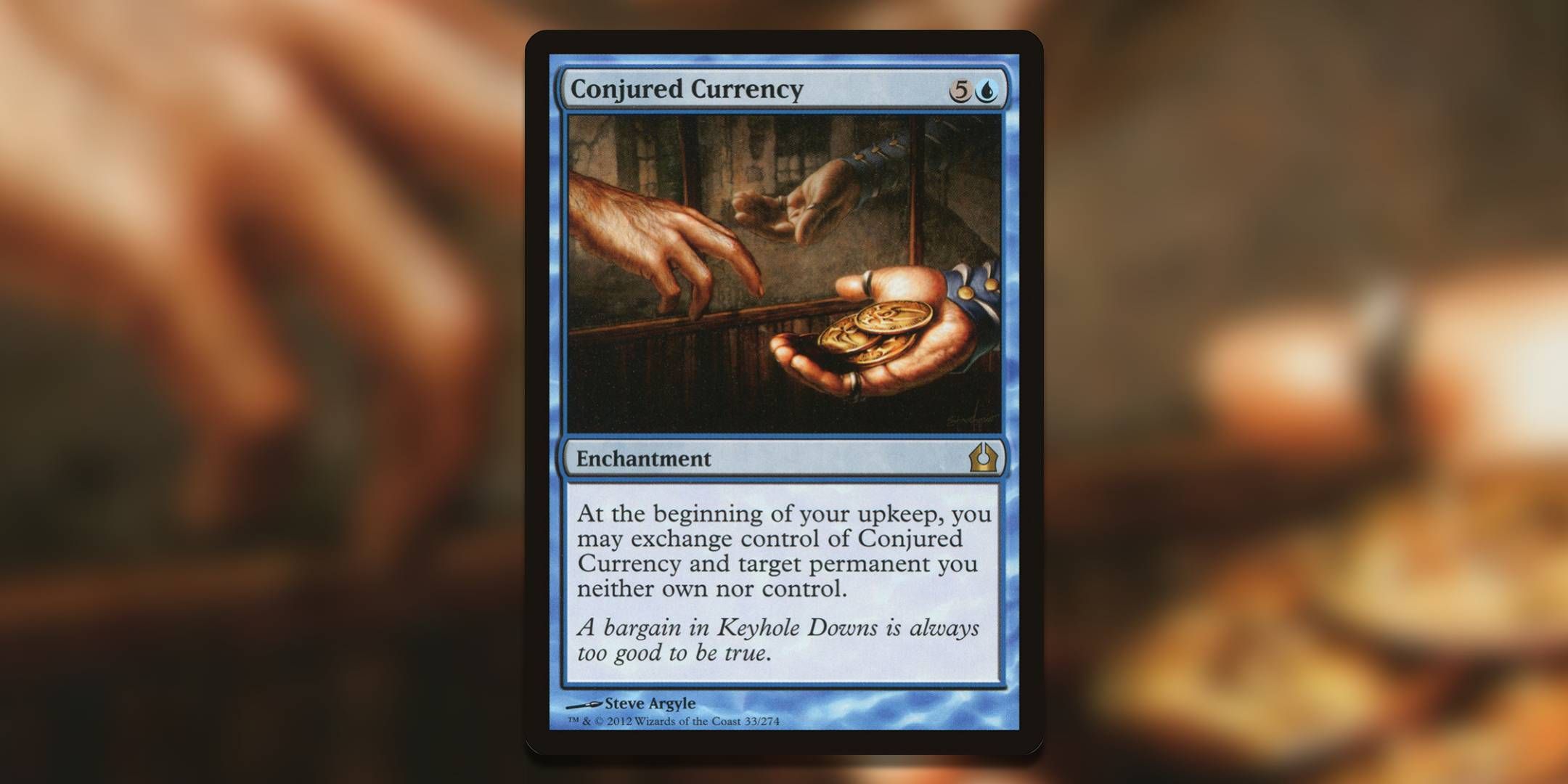
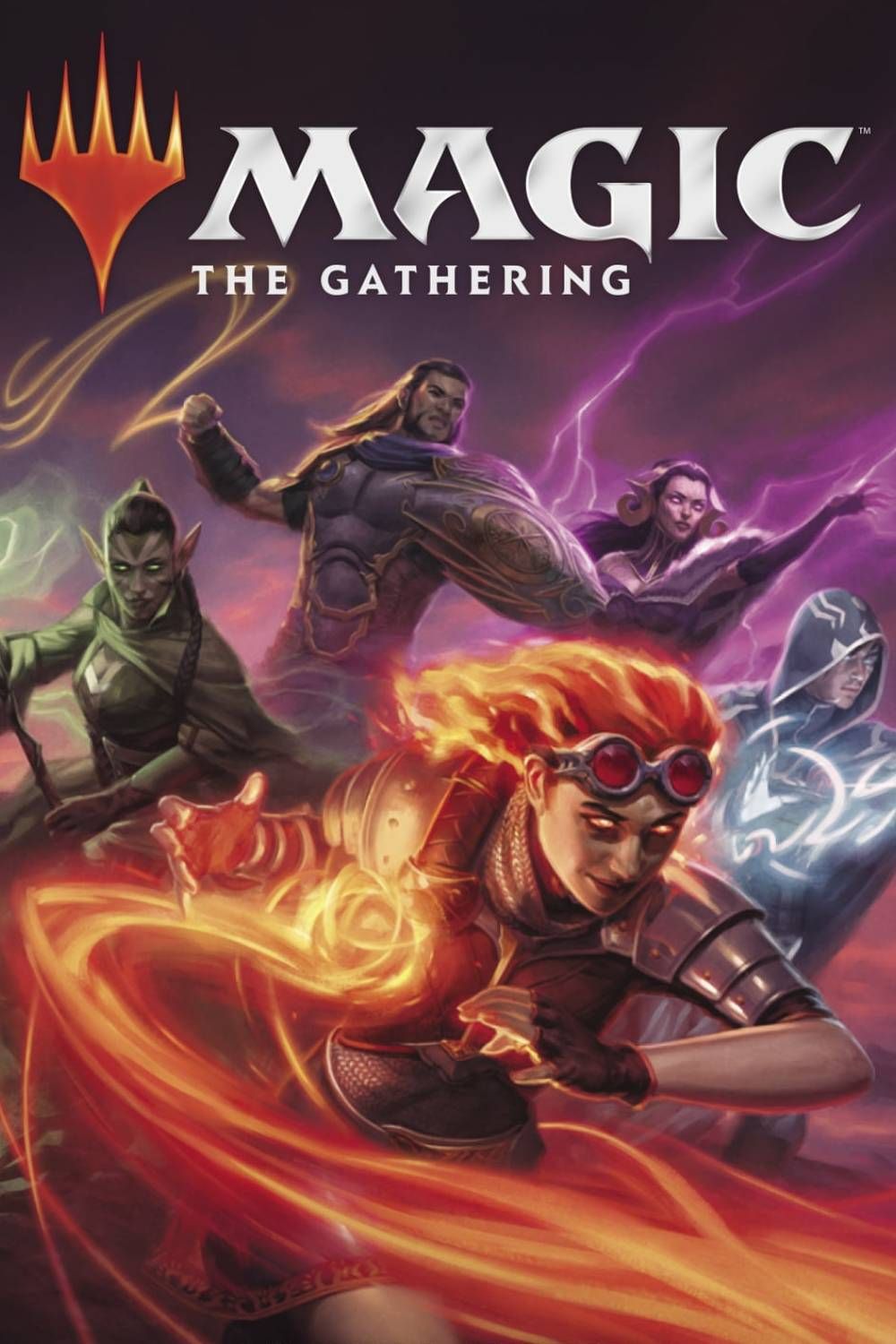




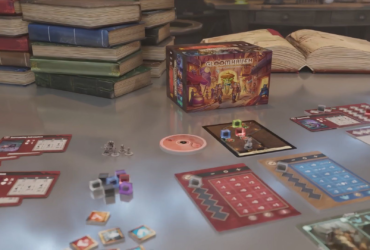
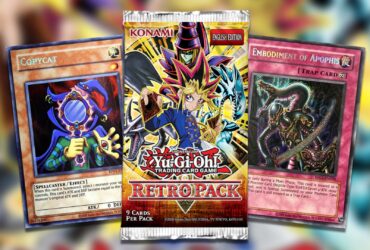



Leave a Reply